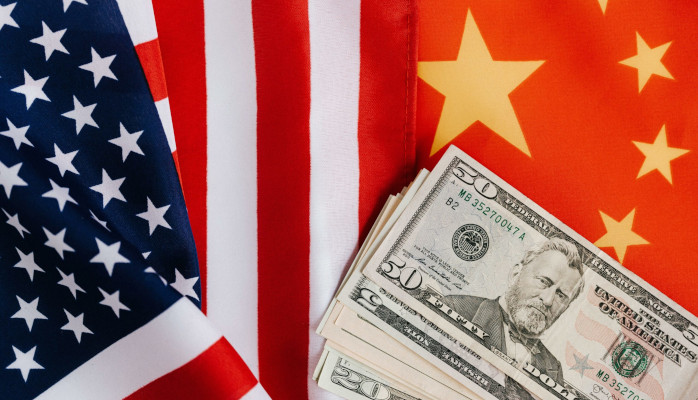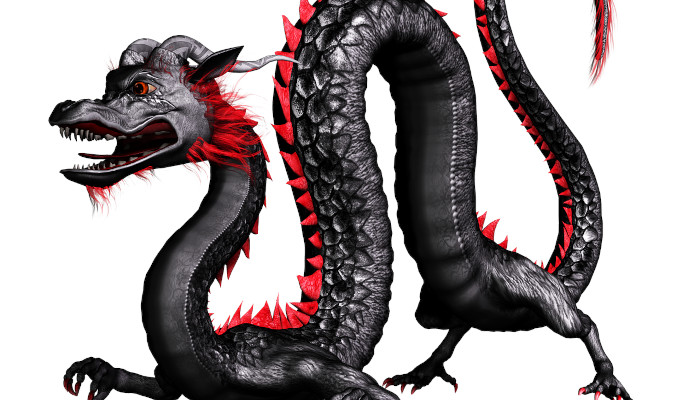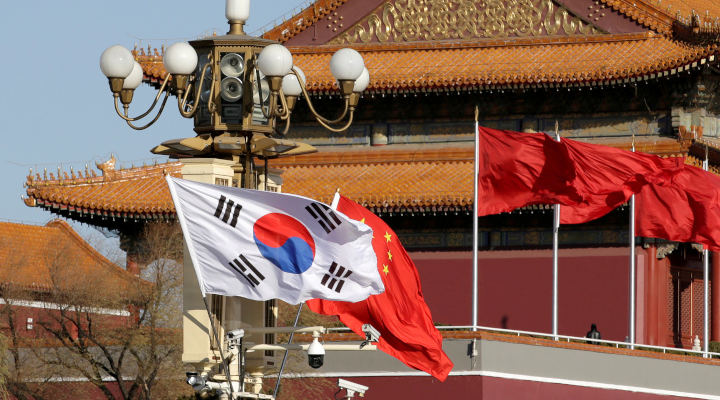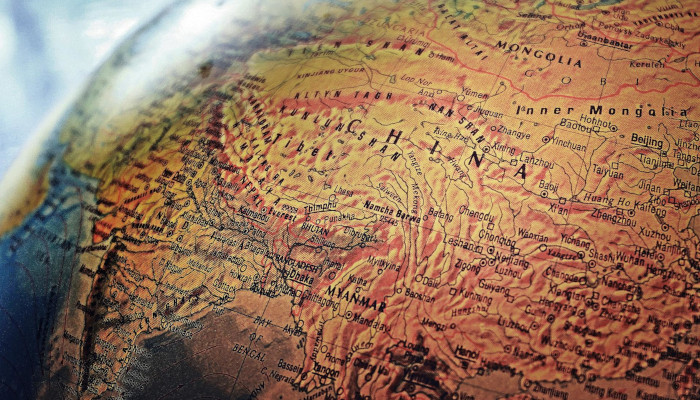
We seem to be facing a new style of hybrid military escalation.
In February 2022, China believed Russia would easily win over Ukraine and cautiously supported it, thereby widening its rift with the US and creating a new fracture with the European Union. However, Russia failed to deliver, and the war remains unresolved.
In 2023, following Prigozhin’s uprising and his subsequent demise, Russia either looked the other way or facilitated the Iran-backed Hamas terrorists who attacked Israel on October 7. China cautiously supported Iran, believing that Muslim countries would rally around Hamas and isolate Israel. In reality, Muslim countries tacitly supported Israel in its confrontation with Hamas and other Iran-sponsored proxies. Thus, China’s position on Hamas created a new rift with Israel.
In 2024, following a bloody and costly Russian advance that has yet to break Ukrainian defenses, news leaked in mid-October that 12,000 North Korean troops would be deployed in Ukraine to assist Russia. So far, China has been silent on North Korea, but it seems a major setback for Beijing. This move unnecessarily heightened tensions with South Korea and Japan in the Far East, hindering Chinese efforts to boost its weakening export-driven economy.
Yet, is that truly Beijing’s position? Is Beijing really upset about the North Korean deployments in Russia? Russia or Iran could hardly sustain their war efforts without China’s economic support. So, is China an active accomplice, the mastermind of the strategy, or simply being duped by Russia?
There is no evidence, but Russian President Vladimir Putin may be the puppeteer behind this grand plan.
Russia seeking Chinese support and relying on Iran is reminiscent of the situation described by Moss Roberts after the 1853-56 Crimean War[i]. Back then, Moscow tried to break into the Mediterranean and was pushed back, so it pivoted to Asia, applying pressure on China, which then came under siege on two fronts: the north by Russians and the south by the English and French. Charles Horner, in “Rising China and Its Postmodern Fate: Memories of Empire in a New Global Context” (2009), details how the dual pressures from land and sea hastened the imperial crisis, leading to the Taiping Rebellion and the empire’s eventual collapse.
Now, on the surface, Russia is not overtly hostile to China. Yet, over a couple of years, the Chinese friendship with Russia managed to sour ties with the EU and Israel. The two previously kept at a distance in the US-China dispute. The North Korean move can exacerbate tensions with South Korea and Japan, risk spillovers with Taiwan, and challenge the US.
China finds itself in a vise with little room for maneuver. It can’t pressure either side because it feels threatened: if Russia falls, China believes it will be next. This implies that China is accepting its role as a hostage of Russia, allowing Russia to do as it pleases with China.
It is a historical Chinese mistake to fall into the trap of northern “barbarians” rather than coming to terms with the “barbarians” from the sea. The Ming dynasty mistrusted the Spaniards and Portuguese knocking at its door in the late 16th and early 17th centuries but opened the gates to northern Manchu invaders. The same happened two centuries later—they accommodated northern Russians but tried to fend off the English.
So now, to escape “American hegemony,” is China falling into the trap of “Russian hegemony”? American hegemony brought wealth to China; what has Russia brought?
Moreover, will Russia remain loyal or sell China out to the Americans? The main issue the Americans have is with China, not Russia, and many in the US are open to the idea of striking a deal with Moscow to get it to turn against Beijing. The more global tensions increase in Europe, the Middle East, and East Asia, the more unmanageable the situation becomes, and the louder the voices grow in the US, Europe, and Asia advocating for a deal with Putin against Beijing.
Meanwhile, China is more isolated than ever, and its Russian “friend” is eager to sell China to America. With this action, Russia could ingratiate itself with the West and gain advantages from the spoils of a Chinese defeat or isolation. As evidenced by the new wave of tariffs in the US and the EU against Chinese imports, the Western dispute with China is about both geopolitics and economics, whereas, with Russia, it is solely about geopolitics.
If Russia can find a geopolitical accommodation with America and Europe, the problems, at least temporarily, would be solved. The price for this accommodation could be flipping on China. Many in Russia would gladly sacrifice their relationship with China for access to Europe. Conversely, China is in a much more challenging position; it has geopolitical and economic disputes with the West, and both are highly thorny. There isn’t much it’d be willing to give up easily to turn the page on the present situation. It’s a different and more intricate game that China could face only with a lot of thinking and imagination.
Beijing is trapped and will need all the help it can get to escape its predicament.
[i] https://www.appiainstitute.org/articles/russia/russia-pivots-east/










Il presidente e l'ordine internazionale - SettimanaNews